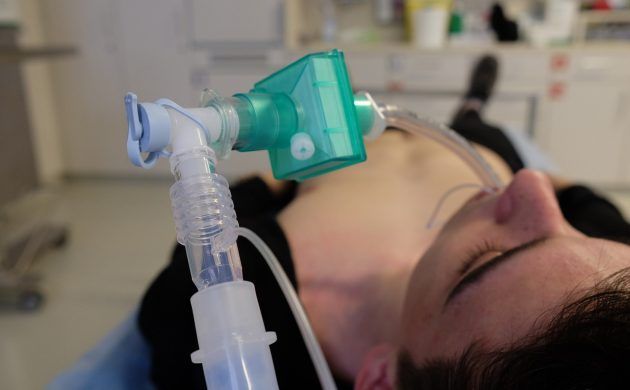As the second wave of the COVID-19 epidemic continues to manifest itself as Christmas approaches, the mortality rate of the virus is far below what it was earlier in the year.
At Hvidovre Hospital alone, the mortality rate has dropped by 70 percent and hospitals in Aarhus and Odense have registered similar declines.
Experts are stumped at why fever people are dying from the coronavirus, but point to several factors that may play a role.
According to Lars Østergaard, a leading doctor at the Department of Infectious Diseases at Aarhus University, contends that the Danes have become more vigilant at protecting their elderly and vulnerable.
“Generally speaking, the patients being admitted with COVID-19 are younger than was the case in the spring. So the hospitalised patient group now has a greater chance at surviving compared to earlier in the year,” Østergaard told DR Nyheder.
READ ALSO: Majority of Danes using facemasks incorrectly
More precautions taken
Østergaard also pointed to the population’s better awareness of the illness having an impact.
Other experts suggest that treatment has improved since the spring, when the virus was unknown and novel.
“We’ve become better at handling COVID-19 patients. It’s no longer a new illness, so we have acquired more experience and routine in our treatment,” said Christian Wejse, an associate professor at the Department of Clinical Medicine at Aarhus University.
“For instance, we have improved when it comes to treating people with significant oxygen needs and estimating when they need a respirator.”















